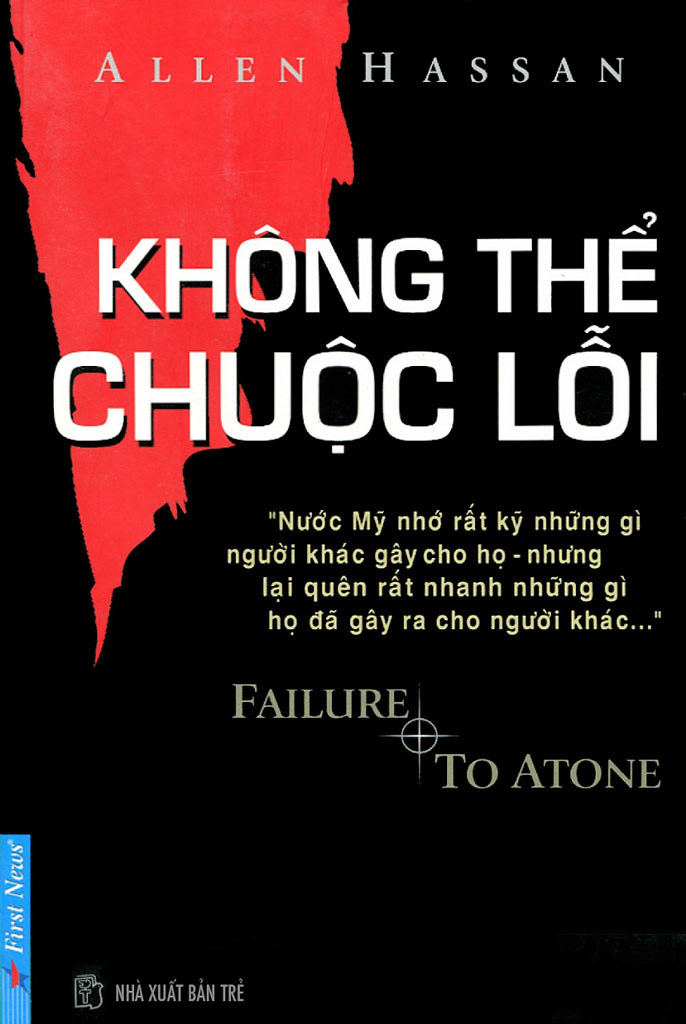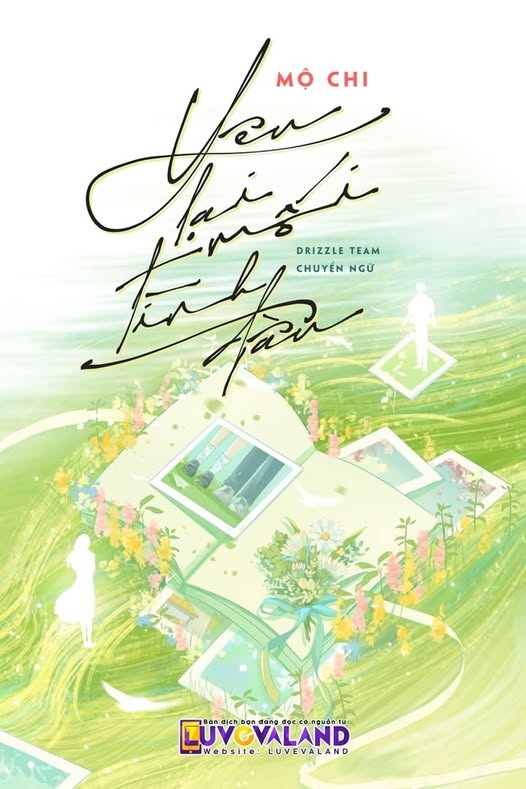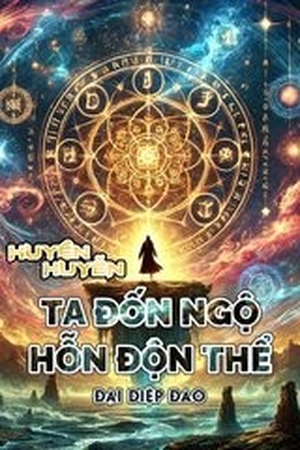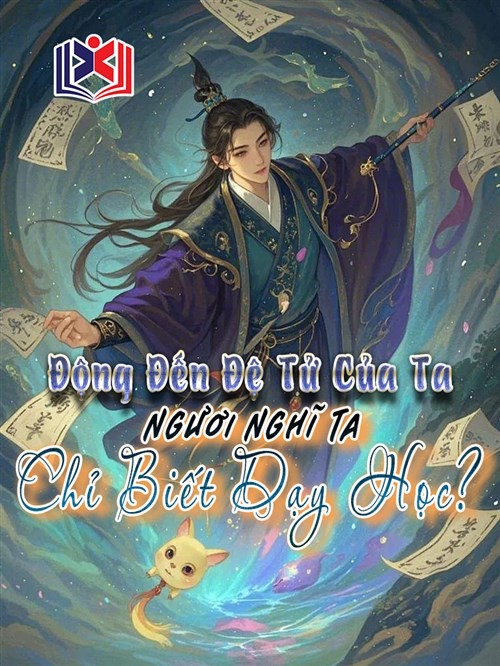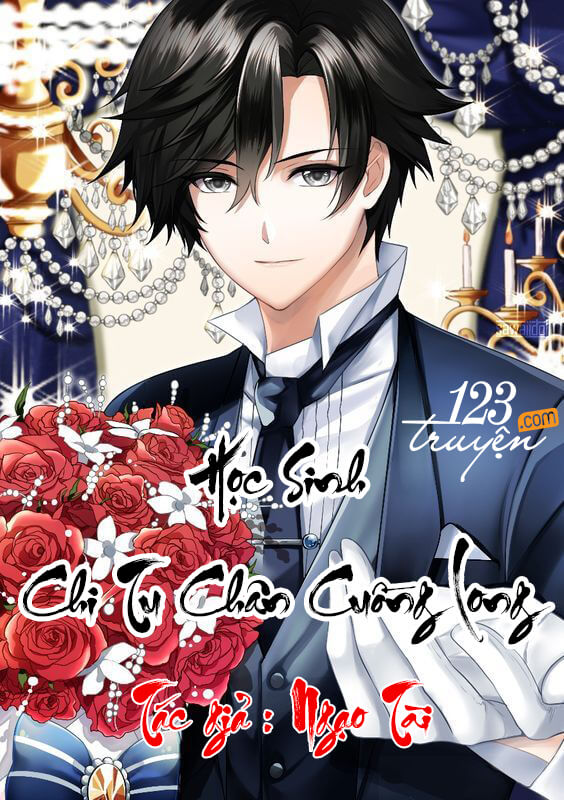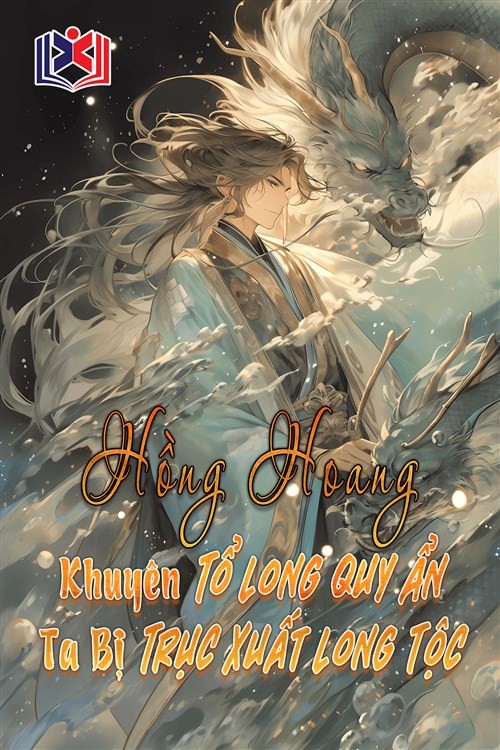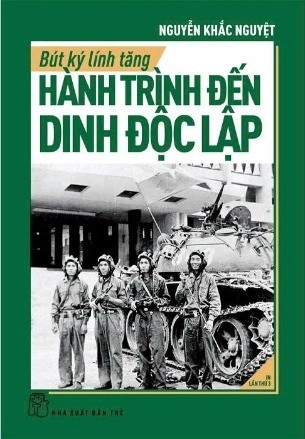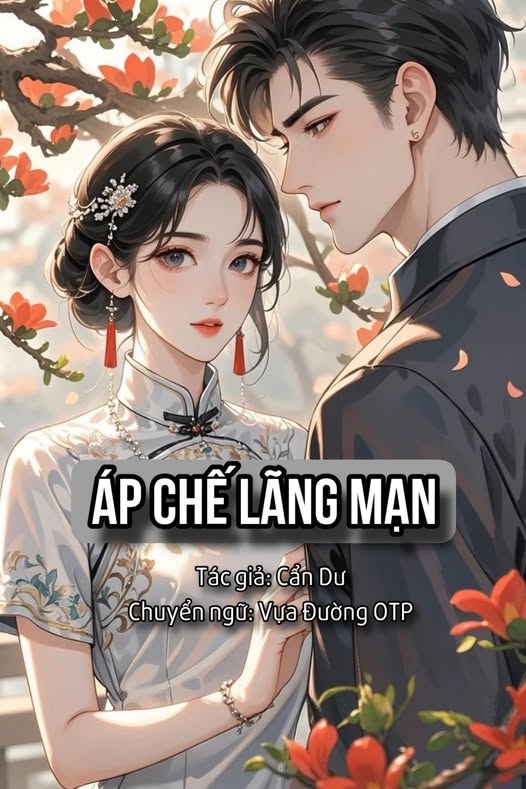Không Thể Chuộc Lỗi
Sách Không Thể Chuộc Lỗi của tác giả Allen Hassan đã có ebook bản đẹp với các định dạng Azw3,eBook,Epub,Pdf,Prc. Mời các bạn tải về eBook Không Thể Chuộc Lỗi miễn phí thông qua liên kết bên dưới.
Đọc Sách OnlineKhông Thể Chuộc Lỗi là một cuốn sách đầy cảm xúc mà không chỉ là hồi ký hay lịch sử đơn thuần, mà còn là câu chuyện về tác giả Allen Hassan và những trải nghiệm đáng kinh ngạc của ông trong chiến tranh Việt Nam. Qua từng trang sách, bạn sẽ được chứng kiến những cảm xúc sâu lắng của một bác sĩ tận mắt nhìn thấy cảnh tang thương và bi kịch trong cuộc chiến.
Tác giả không ngần ngại chia sẻ về những cơn ác mộng và suy tư về chiến tranh mà ông đã phải đối mặt sau nhiều năm kết thúc cuộc xung đột. Cuốn sách không chỉ đưa ra những chứng khoán về quá khứ, mà còn khẳng định những cuộc trăn trở và nỗi đau tiềm ẩn trong tâm hồn tác giả.
Tên của cuốn sách đã thu hút sự chú ý tại Hội chợ Sách Quốc Tế Frankfurt năm 2006, khi nó được trưng bày duy nhất và thu hút sự quan tâm của đông đảo người đọc. Không chỉ là một cuốn sách, Không Thể Chuộc Lỗi là một tác phẩm đầy nghệ thuật và tình cảm, mang đến cái nhìn sâu sắc về một phần của lịch sử chiến tranh mà nhiều người không dám đến gần.
Nếu bạn quan tâm đến những câu chuyện cá nhân và cảm xúc chân thành về chiến tranh Việt Nam, cuốn sách này chắc chắn sẽ là một lựa chọn đáng giá cho bạn. Hãy dành thời gian để chìm đắm trong những trang sách đầy chất liệu và cảm xúc của Không Thể Chuộc Lỗi, bạn sẽ không hối tiếc về quyết định của mình.Nam is a language first acquired the copyright to the book. He promptly contacted the author in the U.S. to inform that Dr. Allen Hassan was willing to fly to Ho Chi Minh City for the launch of the Vietnamese edition of his book in Vietnam on April 30, 2007. When asked why the book was named “Không Thể Chuộc Lỗi” (Can’t Redeem), the representative of Dr. Allen Hassan’s copyright replied: “Dr. Allen Hassan’s goal in writing this book is for Vietnam War veterans and the U.S. government to truly understand the magnitude of the harm that the U.S. inflicted on the Vietnamese people is far greater than what Americans ever thought. The U.S. remembers well what others did to them but quickly forgets what they have done to others. The dead cannot be brought back to life, the disabled remain disabled, and the pain will always be there… After reading this book, people will realize that now, no matter what they do, the U.S. can never redeem its wrongdoings towards the people of Vietnam!”UNFORGETTABLE TRAUMAS
As one of the rare American doctors who treated the wounded on both sides, especially in the intense bombing areas during the U.S. war in Vietnam like Quang Tri, Dr. Allen Hassan was deeply outraged to witness firsthand the painful suffering caused by the war, especially the massacre of children in Quang Tri – an event that was never officially disclosed. Even during his honeymoon, he could not shake off the haunting nightmares. During his honeymoon in Rome and Majorca in 1974, his wife gave him the book titled “Home From The War” by Robert J. Lipton. The book stirred up memories of Vietnam for him, prompting him to write on the margin of the page he was reading: “Witnessing the deaths of the elderly and children left an indelible mark on my soul. Shot in the head! Why? Perhaps I can never forget those things.”
The untold truths about the war include the heartbreaking plight of severely wounded American veterans concentrated in camps in Dong Ha. They were not brought back to the U.S. for treatment or to receive the final comfort of dying in the loving arms of their families because the American war machine feared that images of this brutal reality would spark anti-war sentiments. The author wrote: “If only at that time, the American people knew what was happening to their children… If only they knew the widespread extent of the insane cruelty happening everywhere…”
And then he witnessed the anti-war movement right on the battlegrounds of Vietnam: “In the final days in Saigon, I was amazed to discover that the Viet Cong were not the only ones living in underground tunnels in Vietnam. Erhart asked me – as a doctor – to accompany him to an area with many U.S. soldiers AWOL or deserters.
These soldiers were clearly living in underground tunnels. Along with a television crew – I am not sure which station, maybe NBC – we found U.S. deserters living in tunnels beneath the ground of Saigon.”
Having witnessed such heartbreaking events, Dr. Hassan had to remain silent for a long time because his reactions – regarding the massacre of children – were monitored by the CIA in South Vietnam, and he almost paid with his own life one night in Quang Tri. And later, he learned that during the war, about 40,000 Vietnamese were secretly monitored and killed by the South Vietnamese and U.S. governments in the CIA-led Phoenix Program.THE PAIN LINGERS
The war may have ended over 30 years ago, but its aftermath still persists not only in Vietnam but also extends to the other side of the Western hemisphere. In the U.S., Dr. Hassan continues to treat American soldiers who fought in Vietnam, continuing to stand with others in the fight for their comrades.Hưởng những quyền lợi mà họ xứng đáng vì hậu quả độc hại của các loại hóa chất – đặc biệt là chất da cam độc hại – mà Mỹ đã sử dụng tại chiến trường Việt Nam. Được biết, chính quyền và nhân dân Việt Nam đang nỗ lực khắc phục những hậu quả nặng nề của cuộc chiến. Trong cuốn sách “Không Thể Chuộc Lỗi”, bác sĩ Hassan đã thảo luận về chất da cam, đặc biệt, trong phiên bản tiếng Việt, ông đã viết thêm một chương về hậu quả nghiêm trọng của chất độc da cam mà quân đội Mỹ đã sử dụng tại Việt Nam.Đồng thời, sách cũng trích dẫn một số tài liệu và hình ảnh liên quan để bạn đọc tham khảo. Chúng tôi xin gửi lời cảm ơn đến Hội Nạn nhân Chất độc Da cam/Dioxin Việt Nam cho phép sử dụng thông tin từ các tư liệu “Vì nỗi đau da cam” và “Chất độc da cam – Lương tâm và trách nhiệm”. Cuốn sách thể hiện sự quan tâm và trách nhiệm đối với nạn nhân của chất độc da cam một cách chân thành và tận tâm. Chúng ta nên dành thời gian để nghiên cứu và hiểu thêm về vấn đề quan trọng này.
Tải eBook Không Thể Chuộc Lỗi:
► Không tải được sách thì xem VIDEO HƯỚNG DẪN hoặc nhắn tin cho bọn mình ở đường link TẠI ĐÂY nhé.
► Không tìm được sách mình cần thì các bạn đăng bài trong nhóm EBOOK MIỄN PHÍ CHO KINDLE, KOBO, BOOX... để cộng đồng hỗ trợ bạn nhé
► Review tất tần tật mọi thứ liên quan đến nội dung, thông điệp, trải nghiệm, trích dẫn hay.... thì tham gia HỘI REVIEW SÁCH CÓ TÂM nhé
► Nếu sách có định dạng EPUB thì bạn có thể dùng phần mềm Calibre để chuyển từ file EPUB sang các định dạng khác.
► Nếu sách chỉ có định dạng PDF thì nhớ giảm dung lượng file PDF xuống để đọc cho đỡ bị lag đồng thời xoay ngang máy đọc sách để đọc cho đẹp.
► Việc chuyển đổi định dạng có thể làm giảm trải nghiệm đọc do bị mất chữ, lỗi chữ, giao diện sách xấu.
► Với Kinder thì nên dùng sách định dạng EPUB và AZW3
► Với máy đọc sách dùng hệ điều hành Androin thì nên dùng sách định dạng EPUB hoặc MOBI
► Với điện thoại thì nên dùng ứng dụng Moon+ Reader (Android) hoặc ReadEra (Ios) để đọc sách
► Với máy tính hoặc đi in ấn thì nên dùng sách định dạng PDF
► Để loại bỏ các quảng cáo khó chịu, tải sách không cần chờ đợi, nâng cao trải nghiệm tải và đọc ebook. Mời bạn đăng ký gói VIP & PREMIUM tại LINK NÀY
Kính gửi các độc giả, những người yêu sách và tri thức,
Chúng mình vô cùng cảm ơn sự ủng hộ và tình yêu quý báu mà các bạn đã dành cho website EbookVie. Chính sự tin tưởng của các bạn đã giúp chúng mình duy trì và phát triển không ngừng suốt thời gian qua.
Tuy nhiên, với sự phát triển ngày càng lớn mạnh của website, chi phí lưu trữ ebook, vận hành hệ thống và hỗ trợ nhân sự đang ngày càng trở thành gánh nặng cho chúng mình. Dù chúng mình luôn nỗ lực giữ vững tôn chỉ duy trì website hoàn toàn miễn phí, nhưng để có thể tiếp tục phục vụ các bạn với chất lượng tốt nhất, chúng mình rất mong nhận được sự ủng hộ từ cộng đồng.
Mọi sự đóng góp, dù nhỏ hay lớn, đều là nguồn động viên to lớn giúp chúng mình tiếp tục duy trì website hoàn toàn miễn phí tới cộng đồng, cung cấp những tài liệu hữu ích đến với tất cả mọi người.
► Mọi thông tin ủng hộ xin gửi về: http://ebookvie.com/giup-do-chung-minh/
Sách eBook cùng chủ đề
Đô thị
Tiên hiệp
Đô thị

